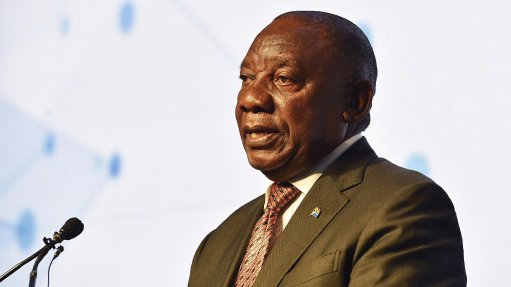
President Cyril Ramaphosa
The South African government on Monday, urged the 22 countries that belong to the Indian Ocean Rim Association (IORA) to discuss how to respond to the anti-globalisation initiatives that were arising from powerful countries in the world.
Sipho Zikode, deputy director-general of special economic zones at the department of trade and industry (the dti), said the Indian Ocean Rim Association Trade Conference hosted in Durban, comes at a time when there were new global developments affecting countries all over the world.
"For example, we find ourselves in a situation where countries are using tariffs to develop their own economies and other countries responding to the new developments," he said.
Zikode said the trade war between the United States and China was affecting many countries, particularly small developing countries like South Africa, whose export products like aluminium, have already been negatively affected.
"This conference provides IORA members with an opportunity and a platform to sit down and discuss how to effectively respond to these anti-globalisation initiatives that are arising from some of the powerful countries of the world," Zikode said.
The conference will explore emerging opportunities to boost trade and investment in the Indian Ocean Rim region, with a focus on women’s economic empowerment.
The objectives include promoting liberalisation, removing impediments and lowering barriers towards a freer and enhanced flow of goods, services, investment, and technology within the Indian Ocean Rim.
The two-way trade in goods and services of the region amounted to $4.8-trillion in 2018.
"The Intra-IORA trade represents only 2.5 percent of world trade," Zikode said.
"There is a need to improve the Intra-IORA trade through various initiatives including trade facilitation, trade policy coordination options, harmonisation and simplification of procedures, and dissemination of information through appropriate arrangements such as trade fairs, business-to-business meetings and capacity-building workshops."